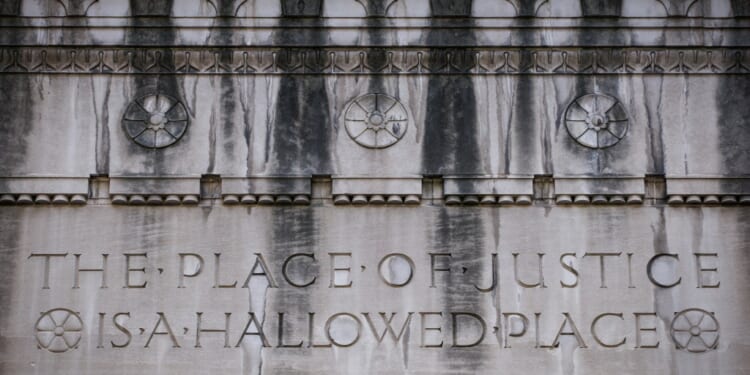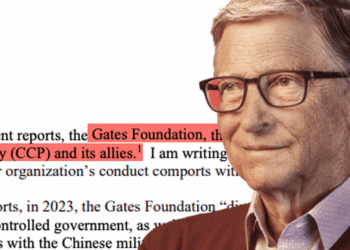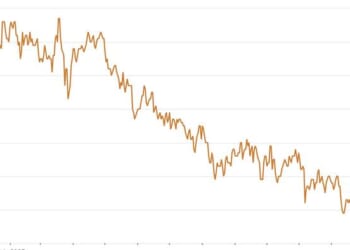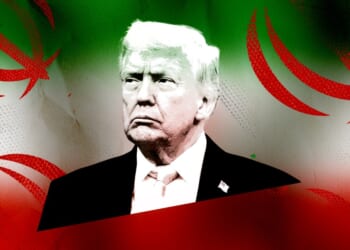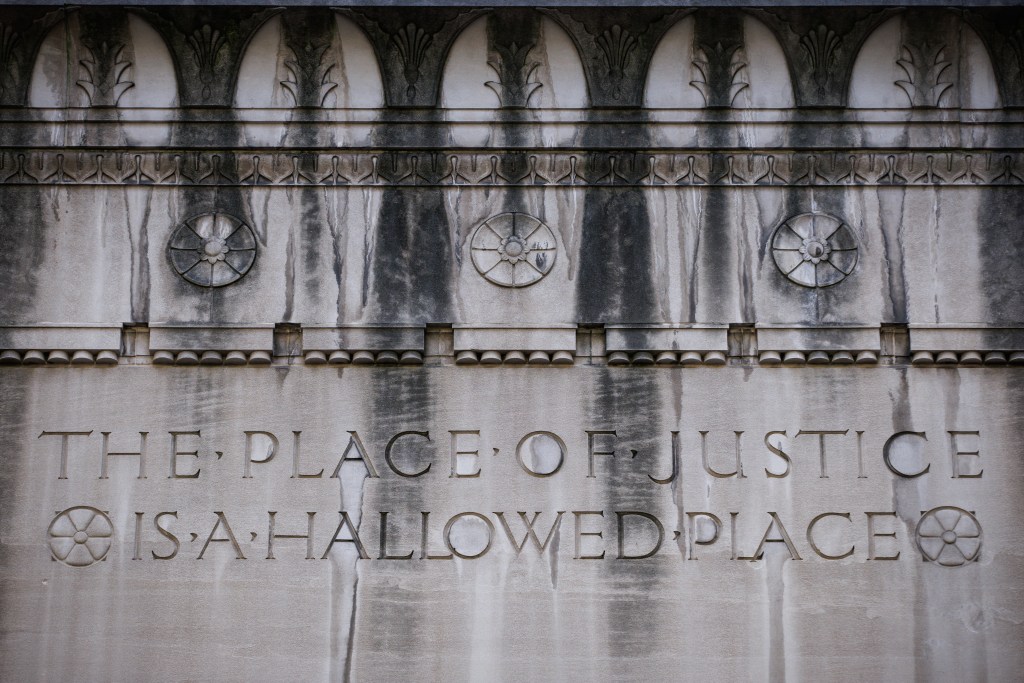
And on Thursday, Halligan filed a barebones indictment against Comey in Alexandria, Virginia. The federal grand jury—which determines probable cause—declined to bring a requested perjury charge but indicted Comey on one count of making a materially false statement and one count of obstruction, both based on his September 2020 testimony before the Senate Judiciary Committee. The indictment is vague, but prosecutors are reportedly focused on 2020 Comey’s testimony, in which he denied authorizing FBI leaks when pressed by Sen. Ted Cruz.
After the indictment was issued, Trump didn’t remain quiet. “JUSTICE IN AMERICA!” the president posted, calling Comey “one of the worst human beings this Country has ever been exposed to,” but that he was “now at the beginning of being held responsible for his crimes against our Nation.”
Comey, in a video posted to his Instagram account on Friday, denied any wrongdoing. “My heart is broken for the Department of Justice,” he said. “I have great confidence in the federal judicial system, and I am innocent, so let’s have a trial, and keep the faith.”
Though there have always been biases and conflicting interests between the occupant of the Oval Office and the Justice Department, the department is supposed to operate independently of the president’s political agenda. Walter Olson, a senior fellow at the Cato Institute’s Robert A. Levy Center for Constitutional Studies, told TMD that in previous administrations, there would be many “people who come in under other administrations, and have somewhat different political philosophies, but [they] saw that as one part of the department’s culture.”
That hasn’t been true with Trump’s DOJ in his second administration. As Olson explained, Bondi has sent a clear message throughout the department: “If you’re not part of our agenda, you shouldn’t be here.”
As Mike Warren wrote in his Dispatch piece last week, the focus extends to who was chosen to lead the department:
Attorney General Pam Bondi, Deputy Attorney General Todd Blanche, and former Deputy Attorney General Emil Bove (now a federal judge) were all once members of Trump’s personal defense team. Kash Patel, meanwhile, was a prominent member of Trump’s inner ring and a MAGA celebrity in his own right before he was tapped to lead the FBI.
The new tone for a politicized DOJ was set on Trump’s first day back in the White House. He issued sweeping pardons and commutations for most offenders convicted in the January 6, 2021, Capitol riots—including for individuals found to have engaged in violence or taken part in planning chaos. Among those freed were Stewart Rhodes, the leader of the Oath Keepers far-right militia group who was, per the DOJ, “directing and coordinating activities” for his followers inside the Capitol building during the riots and received an 18-year sentence, as well as Enrique Tarrio, the national chairman of the far-right Proud Boys organization, who received a 22-year sentence for acting, according to the federal district judge who oversaw his trial, as “the ultimate leader, the ultimate person who organized” the January 6 attacks.
Later in the first week of Trump’s second term, the DOJ fired more than a dozen federal prosecutors who had worked on special counsel Jack Smith’s criminal investigations into the president, because, as one unnamed DOJ official told Politico, the administration “did not believe these officials could be trusted to faithfully implement the President’s agenda because of their significant role in prosecuting the President.” The department followed that up in July by firing 20 more employees.
DOJ pardon attorney Liz Oyer was fired in March over her decision to deny the restoration of gun rights to Hollywood actor and filmmaker Mel Gibson, after they were suspended following a domestic violence conviction. (Bondi later restored his gun rights.) More recently, on September 23, Bondi fired Will Rosenzweig, a prosecutor in the federal Southern District of Florida, because, as the Miami Herald reported, he had shared negative opinions of Trump on the internet years before assuming his role at the DOJ.
In the administration’s view, this has been an unwinding of the politicization of justice, rather than its acceleration. In a memo that Bondi sent out in February, she announced the formation of the “Weaponization Working Group,” a new DOJ office to examine “abuses of the criminal justice process,” including for both local and federal agents. Ed Martin runs this office—who, as Mike Warren put it, “used his several months as the acting U.S. attorney for the District of Columbia to antagonize universities, medical journals, and even Wikipedia”—and a pardoned January 6 attendee, Jared Wise, was hired for his team.
However, they have shown interesting discretion in their prosecutorial choices. In May, the New York Times reported that the DOJ had opened a criminal investigation into former New York Gov. Andrew Cuomo over allegations that he lied before Congress while testifying about his handling of the COVID-19 pandemic. Meanwhile, after New York City Mayor Eric Adams met with Trump in Mar-a-Lago in January and said that he would cooperate with the administration’s deportation agenda, then-acting Deputy Attorney General Emil Bove directed federal prosecutors to drop the DOJ’s 2024 case against Adams, which had resulted in charges of bribery, campaign finance offenses, and conspiracy. On September 20, MSNBC reported that the DOJ had dropped a case against Trump’s incoming border czar, Tom Homan, who had allegedly been recorded by undercover FBI agents accepting $50,000 in cash in exchange for promises to facilitate federal border security contracts if Trump won reelection.
The Justice Department has also targeted academic institutions for what it says are civil rights violations. The Trump administration in March canceled about $400 million in federal funds to Columbia University, citing “ongoing investigations” into the university had adequately protected Jewish students against antisemitism (Columbia in July agreed to pay $221 million to resolve the matter); and in April, the administration pulled large sums of federal funding from Cornell and Northwestern, a decision made over similar alleged civil rights infractions from the DOJ.
Most notably, when Harvard University refused to comply with the administration’s demands—which included sending hiring and admissions data to the government, shuttering all diversity, equity, and inclusion programs, and reforming several academic departments, including the university’s divinity school—the administration in April moved to pull $2.2 billion in federal grants for the university. While a federal district judge issued an order to unfreeze the funds earlier this month, the Justice Department has appealed that decision.
But Harvard still has First Amendment rights, and, as Olson noted, upon hearing the Trump administration’s demands, “I thought, okay, if you wanted to wave a flag saying ‘we are violating the First Amendment,’ taking a private university and saying we are going to hold you over the fire unless you agree to change the ideological tone of your divinity school is really out there.”

